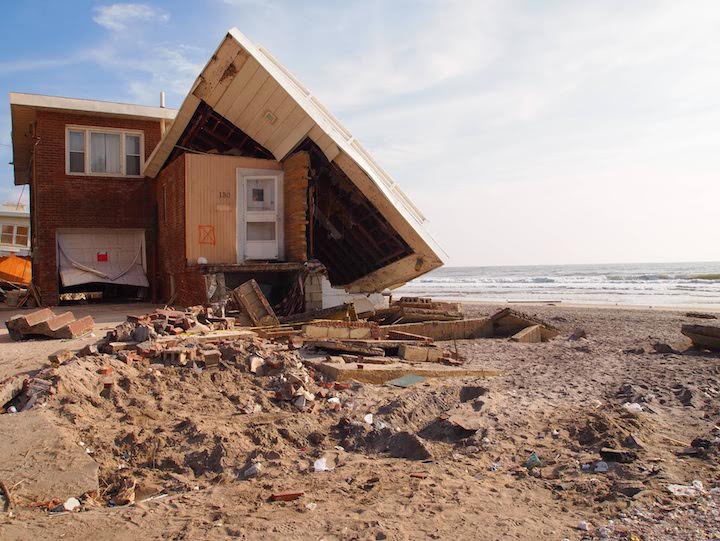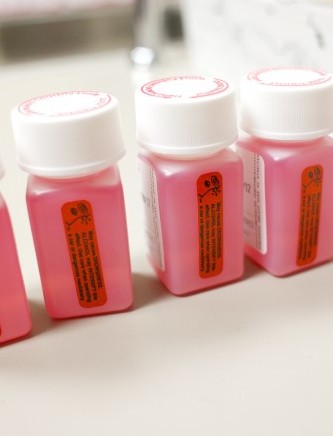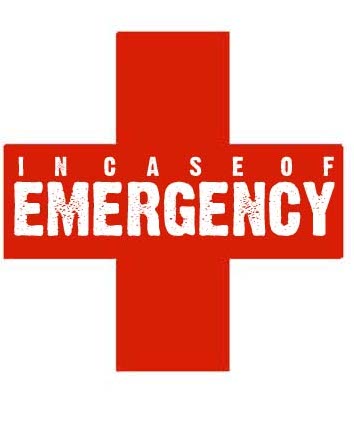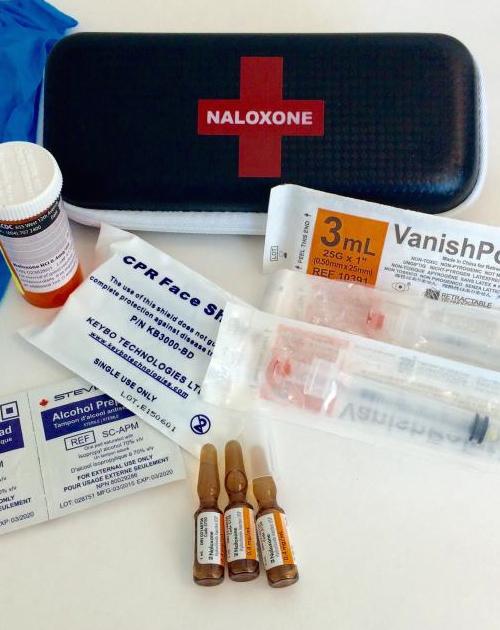
Naloxone Overdose Prevention Laws
This dataset focuses on state laws that provide civil or criminal immunity to licensed healthcare providers or lay responders for opioid antagonist administration.

Disasters place disproportionate stresses on disadvantaged populations who more readily experience resource loss and health risks during emergency situations. Currently several million Americans misuse prescription opioids and that number continues to rise as the United States faces an opioid epidemic. People who use opioids, including 400,000 opioid treatment program (OTP) patients receiving medication-assisted therapy (MAT), constitute a particularly vulnerable population, and yet disaster and planning research has only recently begun to address the considerable public health risks faced by these individuals and their communities when services are disrupted. The aim in providing these guides is to assist OTPs, harm reduction agencies, and local communities in educating people who use opioids about disaster preparedness best practices to prevent overdose, relapse, and infectious disease transmission, including HIV and hepatitis C.





This dataset focuses on state laws that provide civil or criminal immunity to licensed healthcare providers or lay responders for opioid antagonist administration.

Get access to health information and emergency response tools for any type of disaster.

Information and resources on opioid overdose prevention, including Naloxone law, regulations, and administration.
Here you will find information you need to start prescribing and dispensing naloxone rescue kits, including some useful resources about this life-saving medicine.

Prevention Point Pittsburgh is a harm reduction organization and the only county-approved syringe exchange program in Southwestern Pennsylvania.

Harm Reduction Coalition is a national advocacy and capacity-building organization that works to promote the health and dignity of individuals and communities who are impacted by drug use.

NCHRC is dedicated to the implementation of harm reduction interventions, public health strategies, drug policy transformation, and justice reform in North Carolina and throughout the American South.

NY Harm Reduction Educators offers syringe exchange, overdose prevention resources, and supportive counseling and family stabilization, outreach/education, and HIV & HEP C testing.

Join the Drug Policy Alliance in their efforts to advance those policies and attitudes that best reduce the harms of both drug use and drug prohibition, and to promote the sovereignty of individuals over their minds and bodies.

AATOD's mission is to enhance the quality of patient care in treatment programs by promoting the growth and development of comprehensive opioid treatment services throughout the United States.